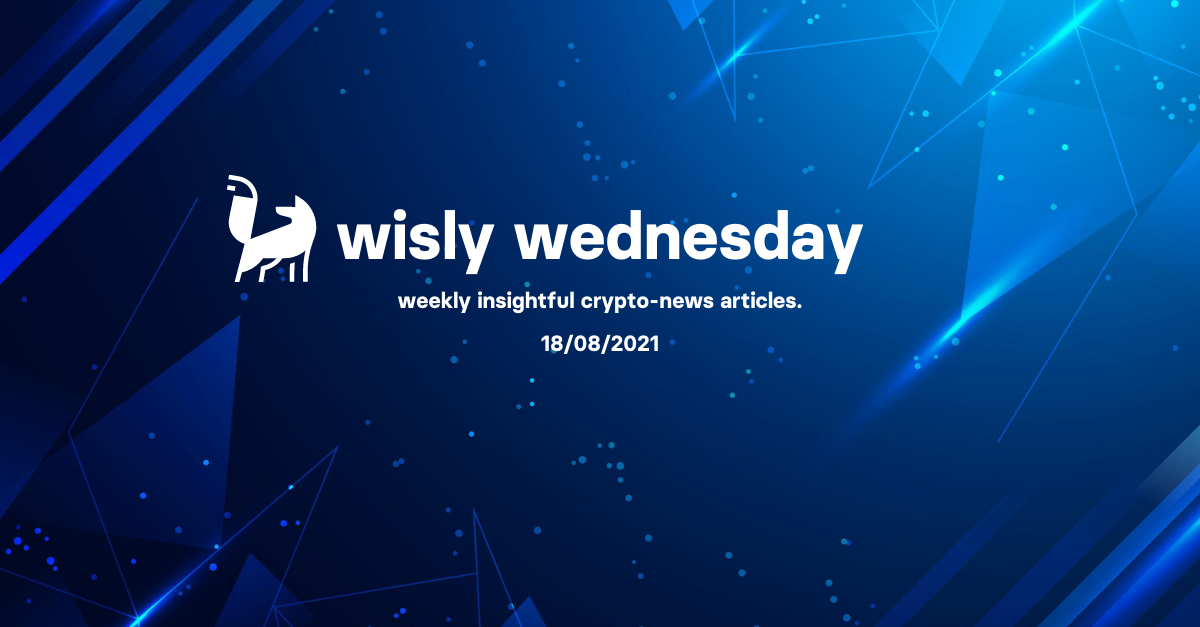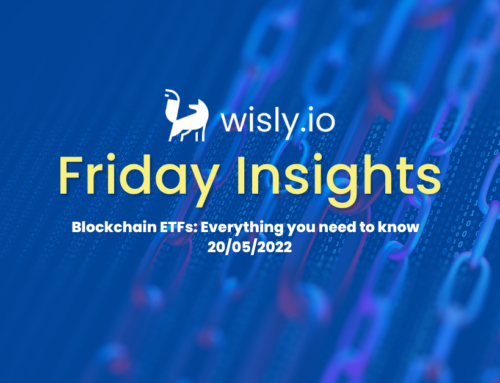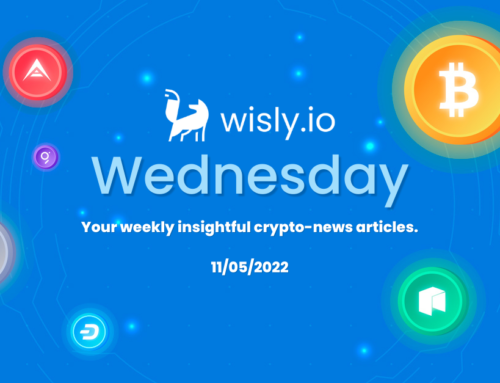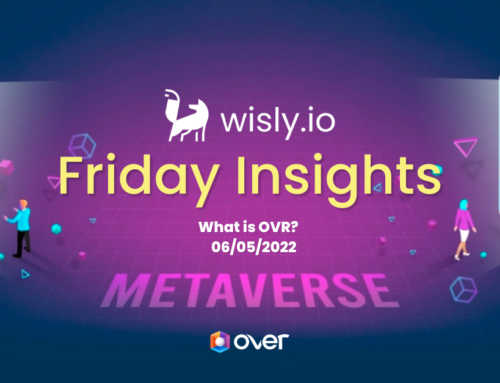It’s been another whirlwind week in the world of crypto with some fascinating developments taking place. Walmart explores a new cryptocurrency project; Spain issues warning to crypto trading platforms; World-famous footballer gets paid in crypto; and Venezuelan real estate market accepts crypto.
Walmart explores new cryptocurrency project

It appears that global retail giant, Walmart, is exploring a new cryptocurrency project. The news surfaced after Bloomberg spotted a job vacancy on Walmart’s website looking for a Digital Currency and Cryptocurrency Product Lead. The role entails driving Walmart’s digital currency strategy and would be based at the company’s headquarters in Bentonville, Arkansas within its accounting and finance department.
The job listing states,” As one of the largest retailers and e-commerce companies, Walmart enables a broad set of payment options for its customers. You will provide the leadership to identify technology and customer trends and the investments needed to build on those trends.”
Walmart appears to have followed Amazon’s lead as the global e-commerce giant recently posted a job advert looking for a Digital Currency and Blockchain Product Lead in July 2021. In response to that advert, an Amazon spokesperson said, “We’re inspired by the innovation happening in the cryptocurrency space and are exploring what this could look like on Amazon. We believe the future will be built on new technologies that enable modern, fast, and inexpensive payments, and hope to bring that future to Amazon customers as soon as possible.”
This is, indeed, exciting news for the crypto market as more and more global companies look at adopting cryptocurrencies in their operational model. Wisly will keep you updated on the latest developments.
Spain issues warning to crypto trading platforms

Financial regulators in Spain have issued stern warnings to some of the country’s biggest crypto trading platforms as they continue to operate without the required licenses. The National Securities Market Commission (CNMV) in Spain has warned the country’s two largest cryptocurrency exchanges, Huobi and Bybit, together with ten other companies of their non-compliance with regulations.
This comes after the 12 companies failed to register with authorities for providing financial and investment services to Spanish citizens. The CNMV said, “These institutions are not registered in the corresponding registry of this Commission, and, therefore, are not authorized to provide investment services or other activities subject to the CNMV’s supervision.”
This warning on crypto trading platforms in Spain comes amidst crackdowns from global regulators and watchdogs on some of the world’s biggest crypto exchanges, such as Binance, who have irked financial authorities across the globe with their non-compliance with local laws.
World-famous footballer gets paid in crypto

Arguably the greatest footballer of all time, Lionel Messi, has recently signed for the French football club – Paris Saint-Germain (PSG) – and has accepted some of his payment with cryptocurrency fan tokens. Messi’s contract included the crypto tokens as part of his welcome package or sign-on fee and was provided by PSG’s club fan token provider, Socios.com.
Fan tokens are a variation of cryptocurrency that is growing in popularity and can be traded on crypto exchanges like traditional cryptocurrencies. English football club, Manchester City, and Italian football club, AC Milan, also launched their fan tokens earlier in 2021 and are regarded as a new source of revenue.
While PSG did not disclose the number of fan tokens included in Messi’s sign-on fee, media reports state that it could range anywhere from €25-30 million — truly staggering! The hype surrounding the superstar’s arrival saw a surge in interest in PSG’s fan token as trading volumes exceeded $1.2 billion in the days leading up to the move.
Venezuelan real estate market accepts crypto payment

An unidentified Venezuelan citizen is one of the first people in the country to purchase property with cryptocurrencies. Tether was the cryptocurrency of choice as an apartment in the coastal state of Anzoategui was snapped up for $12,000 in July 2021. This is one of the first recorded crypto property purchases in Venezuela and indicates that the real estate market is warming to the idea of crypto payments.
At the time of writing, there were many more properties listed for sale in Venezuela with payment options including cryptocurrencies. Grau Real Estate facilitated the property sale and according to the manager, Carlos Grau, the client chose to use cryptocurrencies due to the easy nature of the transaction. He elaborated that the transaction was instantly completed and was a remarkable improvement from the traditional time frame for concluding property sales.
Grau said, “An operation of this kind takes between eight and ten days because you have to send a letter announcing that the funds will be received. When using cryptocurrencies, the transaction was immediate, only two phones were necessary to close the deal. There is no risk of fraud or scams.”
While the payment was made in Tether, the property document had to reflect the amount in Venezuela’s national currency as the registries don’t accept documents that reflect cryptocurrencies as payments at the moment.




